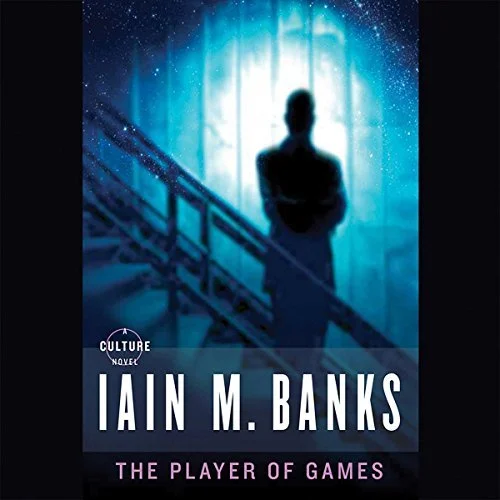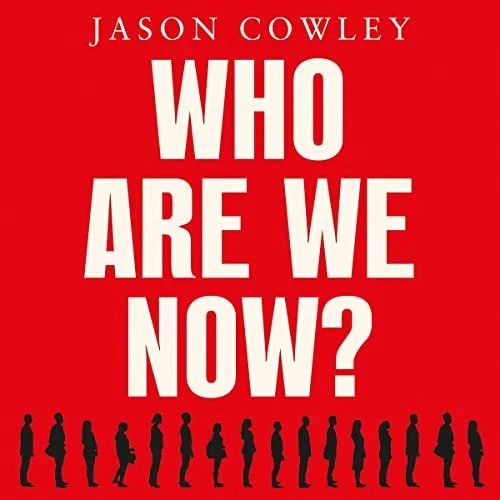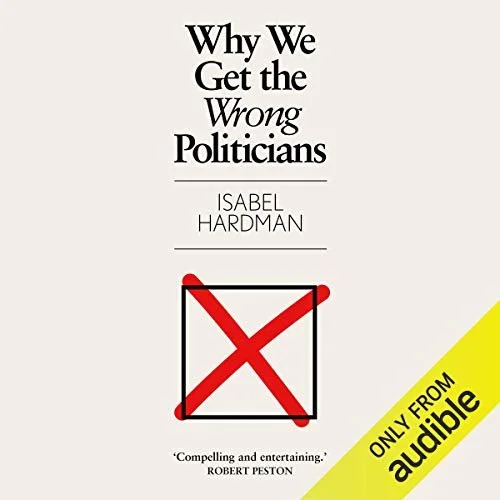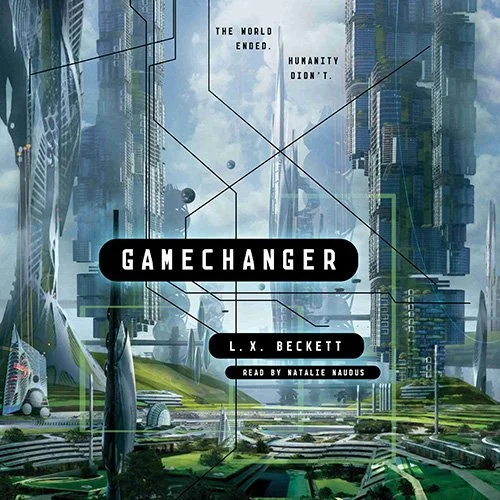The Player of Games shows the lie behind the Hobbesian state
The Player of Games by Iain M. Banks could be my favourite novel, if I had to choose one. The book is about Jernau Morat Gurgeh, a brilliant player of games in the post-scarcity, anarchist, communist utopian civilization called the Culture, which appears in many of Banks’s sci-fi novels. On many levels, the Culture is an ideal civilization, as they have no poverty, war, disease, want, inequality or hierarchy. No-one has to work or do anything they don’t want to do. It’s an interesting place to set a novel.
Many of the novels Banks set in the Culture take place at the points where the Culture meets other civilizations. Banks said that this wasn’t because there’s no drama in a utopian society, but because he was drawn to these stories when writing. Like in Star Trek, these other civilizations that the Culture interacts with embody the problems in our society. Banks explores these problems through how characters from the Culture interact with less utopian outsiders.
In the Player of Games, Gurgeh takes on the ultimate game playing challenge and travels to the Empire of Azad, a civilisation whose social hierarchy is based on how well you can play the incredibly complicated game of Azad (which the empire is named after). Despite some obvious differences to our world (not only is Azad controlled by a game, but their society has three genders and three corresponding biological sexes) Azad represents our less than utopian society with our social and political problems. Albeit, in a slightly exaggerated way.
It doesn’t have to be like this
Azad has poverty, inequality, political repression, an authoritarian government, a strictly religious society, a militaristic culture and represses people who don’t belong to the dominant Apex gender. Through Gurgeh’s travels through Azad we see the problems of squalor, want, state violence and racism through the eyes of someone who has never encountered these concepts before and thus feels their pain more acutely. “It doesn’t have to be like this,” the novel repeatedly says.
The Azad Empire’s oppression of non-Apexes is especially unsettling. By placing all the elements of domination our society associates with the male gender into the Apex gender, Banks explores how patriarchy restricts men as well as women through the need to follow the strict social roles of gender.
In Azad, men are seen as aggressive and physically strong, fit only for the army or demanding physical labour, and women are seen as nurturing and physically attractive, fit only for looking after children or being fancy baubles for Apexes to acquire. In Azad, both men and women struggle against these stereotypes and are unable to get the recognition that automatically comes to Apexes.
Banks and Marx
Azad is a darker form of our society, where our social and political problems are intensified to make them more apparent. We can read the book and console ourselves that we are not as bad as the Azad Empire. In the West, our societies are not as authoritarian and hierarchical as the Azad Empire. We don’t have an emperor with absolute power or secret police that monitors closely what we do. We have liberal democracy, checks and balances, and representation to prevent repression.
Banks was a left-wing or socialist writer in his time. The Culture, although utopian but not perfect, is an example of an ideal anarchist, post-capitalist society. In many of Banks’s books, authoritarian religious leaders (The Algebraist) or billionaire capitalists (Surface Detail) or a patriarchal society (Matter) are the antagonists. Azad is part of Banks’s left-wing critique of society, partly because it has exaggerated forms of our own social and political problems (such as the way patriarchy works in Azad, identified above), but it also supports this critique in another, subtler, way.
Banks’s politics was influenced by Karl Marx and Frederick Engels. One of Marx and Engels’s arguments was that the modern, liberal (small “L” liberal like John Locke, not big “L” liberal like Joe Biden) state was a lie that needed to be exposed. They claimed that checks and balances, and representation, are lies to distract us from the entrenched power of the ruling class.
The big lie
This is similar to what Mahatma Gandhi thought. He believed that the modern liberal state was also a lie, and that behind representation, and checks and balances, was brutal repression for anyone who challenged the authority of the state. Gandhi saw this in India at the hands of the British Empire, which claimed to be an enlightened modern state, but used this as a mask for a brutal rule by force. Gandhi believed that through non-violent action you invite your oppressors into revealing the lie behind the modern state, which inspired much of his political action.
In The Player of Games, Banks also attempts to argue that the modern liberal state is a lie. The lie is that we tell ourselves we are completely different from the Azad, because we have a modern liberal state, when we are not. When we look at a policeman murdering Sarah Everard, or inequality, or homelessness, or the killing of black people by police we see how we are like the Azad and our liberal society, with representation and checks and balances, does nothing to stop this.
This is a Marxist argument, that the liberal state is a lie and the true nature of the state is to protect the power and wealth of the ruling class. Banks makes this argument as we become aware we are more like the Azad then we are like the Culture.
Gandhi and the Culture
It also has something in common with the argument Gandhi was making. He wanted an independent India to have a state that wasn’t like the British Hobbesian state, which is still a state based on dominance and control, and a state that was more personal, more direct, more individual.
The Culture doesn’t have a Hobbesian state, it’s an anarchist society where everyone relates to each other individually. There is no representation. This is much more like what Gandhi advocated. By contrast the Azad Empire is a classic Hobbesian state, with power invested in the sovereign and strict punishment for those who step out of line.
The Player of Game’s most powerful argument doesn’t come from the (sometimes very disturbing) brutality of the Azad Empire, but from the gentle suggestion that we are lying when we tell ourselves that we are different from them. We can convince ourselves that representation, checks and balances and our liberal state make us better than the Azad, but when you look at our society you see we’re much more like them than the Culture.




